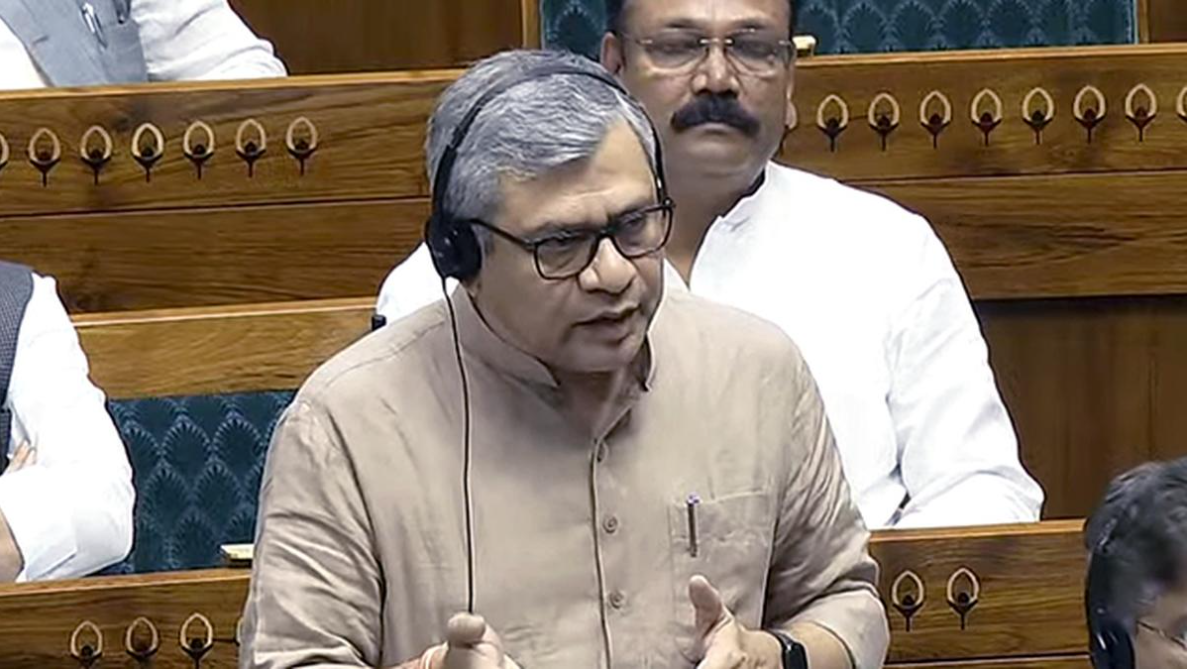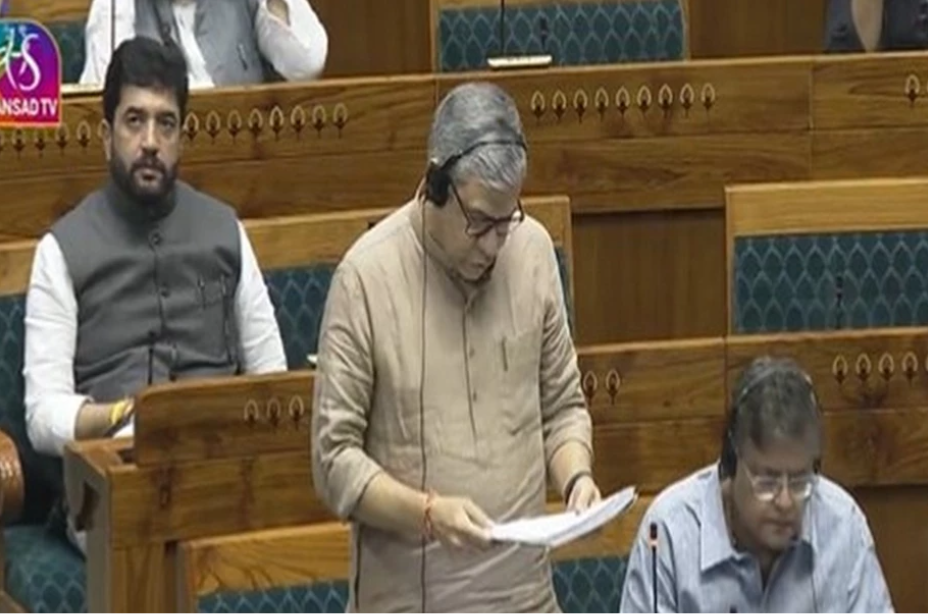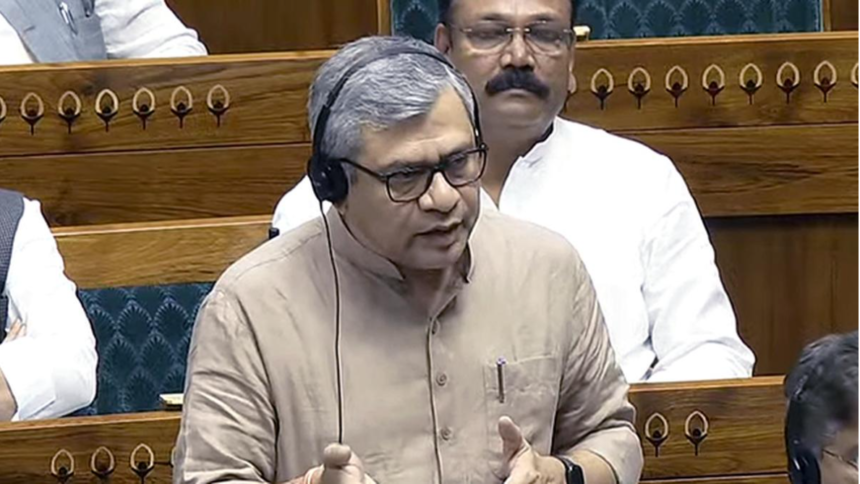“Bill to Grant Statutory Powers to Railway Board Introduced in Lok Sabha:-
Bill to Grant Statutory Powers to Railway Board a significant move aimed at reforming India’s railway governance structure, a new bill has been introduced in the Lok Sabha to grant statutory powers to the Railway Board. This proposed legislation represents a critical shift in how India’s vast and complex railway network is managed and regulated. This article provides a detailed analysis of the bill, its potential impacts, and the broader implications for India’s railway system.
Introduction
India’s railway system, one of the largest in the world, has long been a cornerstone of the nation’s transportation infrastructure. With millions of passengers and tons of freight transported daily, effective governance and management of this vital network are crucial. The introduction of a bill in the Lok Sabha aimed at granting statutory powers to the Railway Board marks a significant development in the ongoing efforts to reform and modernize India’s railways. This article explores the bill’s provisions, the rationale behind the proposed changes, and the anticipated impact on the railway sector and beyond.
Background and Context
1. Current Structure of the Railway Board
The Railway Board, established in 1905, currently functions as the apex body responsible for the administration, regulation, and development of Indian Railways. It operates under the Ministry of Railways and comprises several members, including a Chairman, Financial Commissioner, and other board members responsible for different railway zones and functional areas.
While the Railway Board has played a pivotal role in overseeing the operations of Indian Railways, its authority is primarily administrative and advisory in nature. The existing framework has been criticized for its bureaucratic inefficiencies and limited scope for autonomous decision-making.
2. Need for Reform
The Indian railway system has faced numerous challenges, including outdated infrastructure, financial constraints, and operational inefficiencies. Despite various modernization efforts, the Railway Board’s administrative structure has been perceived as a hindrance to more effective and streamlined governance.
Reform advocates argue that granting statutory powers to the Railway Board could enhance its ability to make autonomous decisions, improve operational efficiency, and facilitate more responsive governance. The proposed bill aims to address these issues by providing the Railway Board with a more robust and independent legal framework.
Key Provisions of the Bill
1. Statutory Powers and Authority
The core objective of the bill is to grant the Railway Board statutory powers, transforming it from an advisory body to a legally empowered entity with defined authority. Key provisions of the bill include:
- Legal Status: The bill proposes to establish the Railway Board as a statutory body with legal status, enabling it to act independently and exercise powers similar to those of other statutory organizations.
 for more information click on this link
for more information click on this link - Decision-Making Powers: The bill aims to grant the Railway Board enhanced decision-making powers, allowing it to implement policies, allocate resources, and manage operations without extensive bureaucratic oversight.
- Financial Autonomy: The bill includes provisions for financial autonomy, granting the Railway Board the authority to manage its budget, allocate funds, and oversee financial operations with greater independence.
- Regulatory Functions: The bill outlines the Railway Board’s role in regulating railway operations, including setting standards, enforcing safety regulations, and ensuring compliance with industry norms.
2. Governance and Accountability
To ensure that the Railway Board’s new powers are exercised responsibly, the bill includes several governance and accountability measures:
- Oversight Mechanisms: The bill provides for oversight mechanisms to monitor the Railway Board’s activities and ensure adherence to legal and regulatory standards.
- Public Accountability: The bill mandates transparency in decision-making and financial management, requiring regular reports and audits to be submitted to the Ministry of Railways and Parliament.
- Dispute Resolution: The bill establishes procedures for resolving disputes and addressing grievances related to railway operations, ensuring fair and timely resolution of issues.
 for more information click on this link
for more information click on this link
Rationale Behind the Bill
1. Addressing Operational Inefficiencies
One of the primary motivations for introducing the bill is to address operational inefficiencies within the railway system. The current administrative framework has often been criticized for its slow decision-making processes and cumbersome bureaucracy. By granting statutory powers to the Railway Board, Bill to Grant Statutory Powers to Railway Board the bill aims to streamline operations and enable more agile and effective governance.
2. Facilitating Modernization
The Indian railway system is undergoing significant modernization efforts, including infrastructure upgrades, technological advancements, and service improvements. The bill is designed to support these efforts by providing the Railway Board with the authority to implement and oversee modernization initiatives more effectively.
3. Enhancing Accountability
The proposed bill seeks to enhance accountability within the railway system by establishing clear governance structures and oversight mechanisms. By granting statutory powers to the Railway Board, the bill aims to ensure that decisions are made in the best interest of the public and that resources are managed efficiently.
Implications and Impact
1. Operational Efficiency
Granting statutory powers to the Railway Board is expected to lead to significant improvements in operational efficiency. With greater autonomy and decision-making authority, the Railway Board will be better positioned to address operational challenges, Bill to Grant Statutory Powers to Railway Board implement best practices, and respond to emerging needs.
2. Financial Management
The bill’s provisions for financial autonomy are likely to result in more effective financial management within the railway system. The Railway Board will have greater control over budgeting, Bill to Grant Statutory Powers to Railway Board expenditure, and resource allocation, which could lead to improved financial stability and sustainability.  for more information click on this link
for more information click on this link
3. Service Quality
Improved governance and operational efficiency are expected to enhance the quality of railway services. With the ability to implement and enforce standards more effectively, the Railway Board can work towards delivering better services, Bill to Grant Statutory Powers to Railway Board enhancing passenger safety, and improving overall satisfaction.
4. Political and Public Reactions
The introduction of the bill has elicited varied reactions from political and public stakeholders. Supporters argue that the bill is a positive step towards reforming and modernizing Indian Railways, Bill to Grant Statutory Powers to Railway Board while critics raise concerns about the potential for increased centralization of power and the need for robust oversight mechanisms.
Future Prospects and Challenges
1. Implementation and Transition
The successful implementation of the bill will require careful planning and transition management. The Railway Board will need to navigate the complexities of its new statutory role, including adapting to enhanced responsibilities and ensuring compliance with legal and regulatory requirements.
2. Monitoring and Evaluation
Ongoing monitoring and evaluation will be crucial to assess the impact of the bill on the railway system. Regular reviews and feedback mechanisms will help identify any issues or challenges arising from the new governance framework and enable timely adjustments.  for more information click on this link
for more information click on this link
3. Engaging Stakeholders
Engaging stakeholders, including railway employees, passengers, Bill to Grant Statutory Powers to Railway Board and industry experts, will be essential for the successful implementation of the bill. Stakeholder input and collaboration will help ensure that the Railway Board’s new powers are used effectively and that the interests of all parties are considered.
Conclusion
The introduction of the bill to grant statutory powers to the Railway Board represents a significant development in the governance of India’s railway system. By providing the Railway Board with enhanced authority and autonomy, Bill to Grant Statutory Powers to Railway Board the bill aims to address operational inefficiencies, support modernization efforts, and improve accountability.
As the bill progresses through the legislative process, its potential impact on the railway sector and broader political landscape will become clearer. The successful implementation of the proposed changes could pave the way for a more efficient, Bill to Grant Statutory Powers to Railway Board responsive, and accountable railway system, benefiting both passengers and the nation as a whole.
In navigating this transformative period, Bill to Grant Statutory Powers to Railway Board the Railway Board will play a pivotal role in shaping the future of Indian Railways, demonstrating the power of governance reform to drive positive change in one of the world’s largest and most complex transportation networks. ALSO READ:- “Winning with 10 Players in the Quarterfinal: The Proudest Moment”2024





